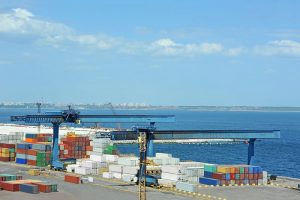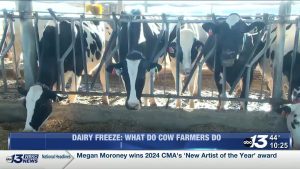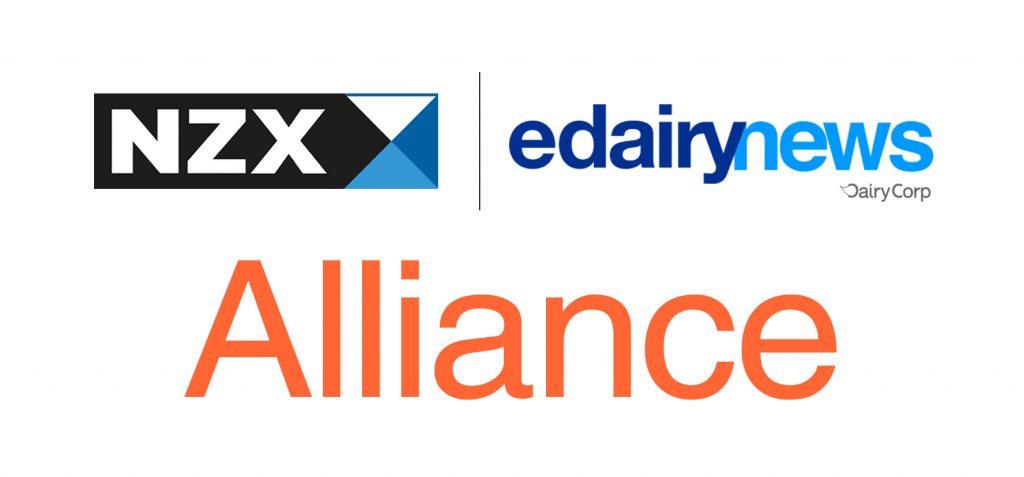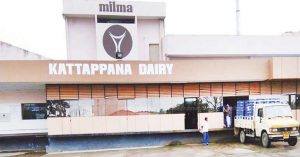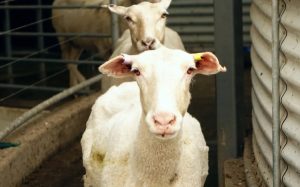Soybean feed export from Bangladesh to other countries should be stopped immediately to save the local livestock and poultry sector, urged Bangladesh Dairy Farmers’ Association (BDFA) on Monday.
The organization held a press conference at the National Press Club to voice their concerns, and also called for immediate action in this regard from the ministries concerned.
Talking to Dhaka Tribune, Shah Emran, general secretary of BDFA, said: “Exporting soybean meal to the neighbouring country at a high price while ignoring the local market have a grave impact. Fish, meat, and poultry prices may go up approximately by 20% because of this.”
Local soybean millers have increased the price of soybean meal by Tk10-12 per kg and reduced the regular supply. This has created an artificial crisis in the market, he added.
In this situation, soybean meal export needs to be halted soon. Otherwise, prices will rise in the country’s poultry, fisheries and livestock sectors. Farmers will suffer from huge losses, Emran also said.
Despite the open trade policy, exports of rice, onions, and other commodities were halted in India due to internal crises and rising prices.
However, the BDFA general secretary also claimed that the Ministry of Commerce was paving the way to export local eggs, milk, fish, meat, and feed in the interest of other countries’ industries.
“I am urging the government through you (media) to protect the local industries by stopping soybean meal export,” he further said.
At the briefing, speakers also said that the Department of Livestock has achieved unimaginable success in advancing sustainable development and socioeconomic development of Bangladesh.
The production of meat, milk, and eggs has greatly increased through sustainable breeding and disease control of cattle and poultry to meet the growing demand for animal meat in the country.
In the last decade, meat production has increased almost 7 times, milk production 4.67 times, and egg production about 4 times, the speakers said.
In the 2019-20 fiscal year (FY), the annual production of meat, milk, and eggs was 76.75 lakh tons, 106.80 lakh tons and 1,736 crore tons respectively.
The country has already achieved self-sufficiency by supplying 120 grams of meat per person per day and 2 eggs per week. Per capita availability of milk has also increased to 175 ml.
Talking to Dhaka Tribune, CEO of Bengal Meat Processing Industries and President of Bangladesh Halal Meat Processing Industries Association AFM Asif elaborated that nearly 70-75% of the total cost of producing eggs, fish and poultry is being spent on purchasing feed.
So, if the price of feed increases, the production cost of farmers will increase. Exporting soybean feed won’t be conducive to the domestic industries, farmers and definitely not for consumers as well, he added.
On the other hand, farmers will have to face huge losses if they do not get a fair price for their produce. One of the major costs of poultry and cattle production is the cost of food, he further said.
According to the BDFA, in the interest of the people of the country, the soybean meal produced from soybean seed, which was introduced with zero duty facility, is now being distributed to 3 to 4 soybean oil-producing companies for profit.
In the past, India has never exported soybean seeds or soybean meals. But a significant amount of soybean mills are imported from India to Bangladesh almost every year.
President of BDFA Mohammad Imran Hossain addressed the press conference.
Officials from Bangladesh Fish Farmers Association and many of the country’s farm owners’ associations were also present.


